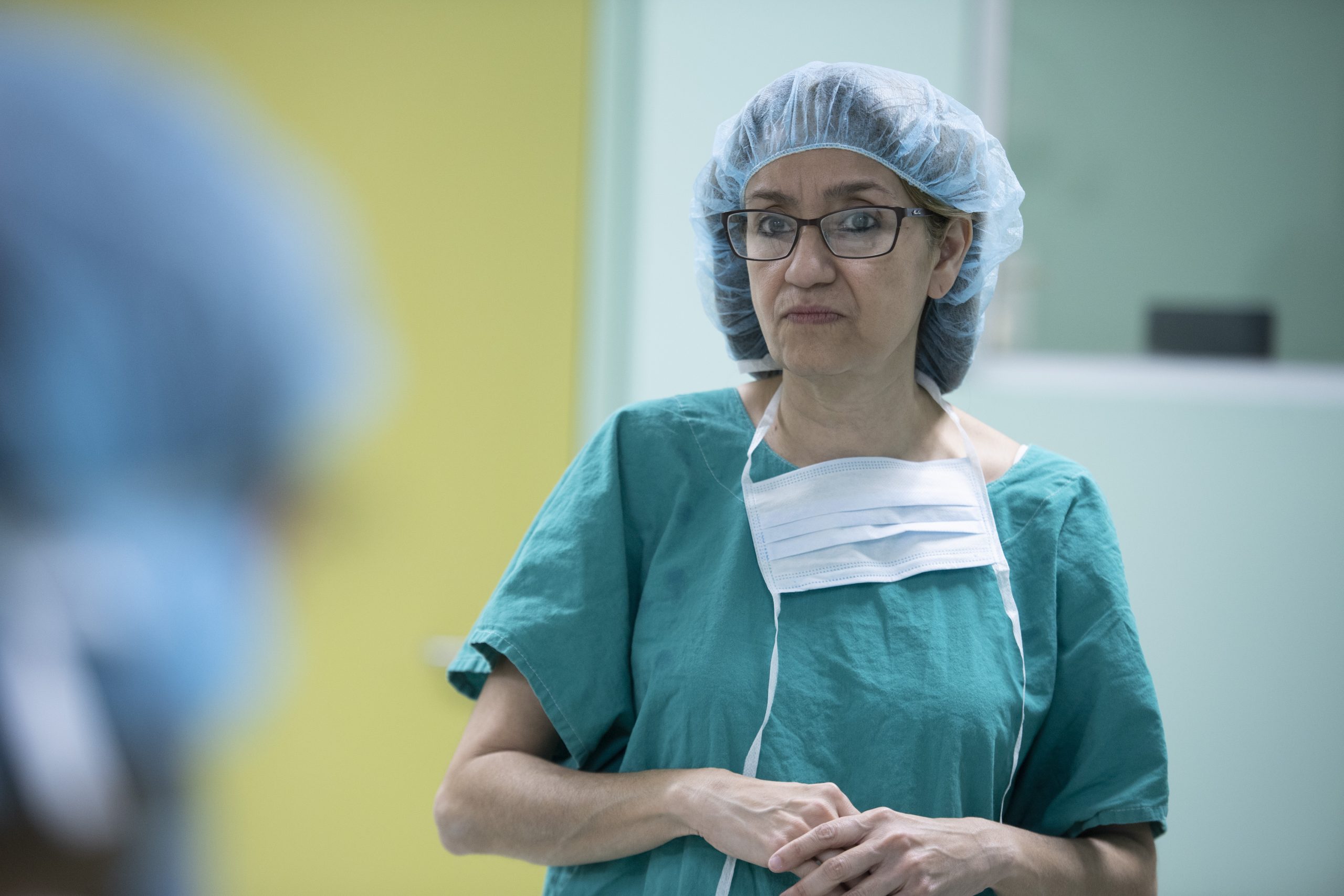
Lifebox Interviews Partners on COVID-19: Dr. Susana Abrego
Dr. Susana Abrego is a pediatrician and anesthesiologist in El Salvador. She is also a champion of safe surgery and has helped to lead Lifebox’s Checklist Implementation Workshops in El Salvador and throughout Central America, supported by the IZUMI Foundation. Dr. Abrego spoke with Lifebox’s Kitty Jenkin on April 2, 2020.
Kitty Jenkin: Please tell me about yourself, where you work and how you are preparing for COVID-19?
Susana Abrego: My name is Susana Abrego and I am a pediatrician and anesthesiologist. I work as Chief of Anesthesia at the Benjamin Bloom National Children’s Hospital (HNNBB) in San Salvador, the capital of El Salvador.
In El Salvador, we implemented early containment measures for COVID-19. As of today, April 2nd, there were 32 positive COVID-19 cases reported; two in the last 24 hours: and two deceased. This is 15 days after having the first reported case.
In preparation for the response to COVID-19 in El Salvador, all elective surgical procedures have been suspended in all hospitals for more than two weeks. We are only taking patients who cannot wait a month to be operated on. Training on the use of Personal Protection Equipment (PPE) for personnel began several weeks ago. This has been done in some hospitals, not most.
At the HNNBB, we are going to start training anesthesia personnel in airway management in COVID-19 patients, as well as in the use of video laryngoscopes and intubation in a protective acrylic box. These trainings are being coordinated and will be large, with other hospitals and specialties. In some hospitals, such as Social Security facilities, these trainings were started more than two weeks ago. Efforts are being made to have the necessary equipment and PPE for everyone who needs it, but they are beginning to feel that these will not be enough when the cases increase.
KJ: Could you explain the role of an anesthesia provider in your country?
SA: In El Salvador, we have non-medical anesthesia providers as well as medical anesthesiologists, with more than 1,000 of the former and about 120 of the latter. In addition, there are “respiratory therapists” who are dedicated to providing respiratory therapies and, in the vast majority of adult hospitals, are called on to perform intubation on patients who require it. Anesthesiologists are consulted in cases of difficult intubations and obviously in the patients who will be operated on during surgery.
KJ: What will your role be, as an anesthesiologist, working in the response to COVID-19? What precautions are you taking?
SA: So far training has been offered—through the Association of Medical Anesthesiologists of El Salvador (AMAES)—to all relevant personnel (intensive care doctors, internists, pulmonologists, as well as licensed therapists, and anesthetists) on airway management in COVID patients.
We are trying to establish that all patients who will be operated on are treated as if they were COVID-19 positive. This has not been achieved in all hospitals due to lack of resources.
KJ: As an anesthesiologist, what are the particular concerns that you have regarding COVID-19? Are anesthesia providers at a particular risk?
SA: The risk to anesthesiologists, anesthetists, and therapists is that anyone who intubates COVID-19 patients or works on their respiratory therapy, has the highest risk of becoming infected given that such contagion particularly occurs through aerosols and secretions from the patient’s airway. This leads staff to have great fear of handling patients, especially if they do not have the necessary equipment (PPE).
KJ: What are you most in need of right now in your hospital? How can the global community support?
SA: 1. Provide authorized videos of the correct placement of level 2 and level 3 PPE to distribute to the personnel involved;
2. Provide videos to train staff on the correct use of video laryngoscopes such as McGrath, GlideScope and others;
3. Help in obtaining personal protective equipment or part of it.
KJ: As you face the COVID-19 outbreak in your country, what do you most fear? And hope?
SA: We fear that the spread is as in other countries—massive—and that there will be many deaths, which will involve us personally and our families. One of the main fears is that of the death of our relatives.
We hope that the impact in El Salvador is not so high, due to the containment measures that were adopted early. The majority of the population are believers and we have hope in the Mercy of God.

